In response to my earlier post on Campbell‘s comments about characters in the Bible, John asked for a little guidance. “I have just started teaching Ruth on Wednesday nights. If you will, give me a little insight that would improve my job as teacher. We are going through the OT/HB and are beginning Ruth. Thanks.”
I started to write a reply and it got a bit long and I realized that organizing my thoughts this way was useful to me and perhaps to others. So John, thank you for the request and I hope it is helpful to you and others. And here, ladies and gentlemen, is a brief introductory study guide for the Book of Ruth.
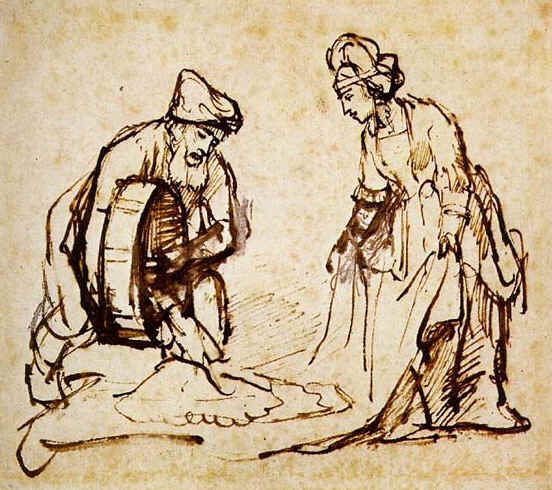 I love really do love this book and I hope others enjoy studying it. I have posted a few things I have been working/thinking on over the last two years with regards to Ruth. I would suspect you are more than fully qualified yourself at teaching Ruth, but here are a few things I often pull out of the text in a lay context.
I love really do love this book and I hope others enjoy studying it. I have posted a few things I have been working/thinking on over the last two years with regards to Ruth. I would suspect you are more than fully qualified yourself at teaching Ruth, but here are a few things I often pull out of the text in a lay context.
- The book is only 4 chapters. How would you characterize each chapter?
- What might this reveal about the structure of the book, its message, and its characters?
- Consider the fact that the book is titled, in our canon, “Ruth.” [mfn]Of course it is one of only two books in the Bible named after a woman. Once you have completed the study of Ruth, Esther is a nice counterpoint.[/mfn]
- Who is the “real” hero in this story? There is no “right” answer to this if scholarly consensus (or lack thereof) is anything to go by. (But see my next article!)
- In what ways do the women in this book behave as we might expect a woman in the biblical world to behave? How do they differ? (And then perhaps also help your group to understand what we do/do not know about social norms and contexts of ancient Israel.)
- How do these women breakdown the social expectations?
- What role does Ruth’s foreignness play in the story?
- Now read Deut. 23:3 and see if your thoughts about Ruth’s Moabite identity change how you view the story.
- Now consider Ezra 9-10. In light of Ruth, is Ezra right in requiring the men divorce their “foreign” wives?
- Is Ruth just an entertaining if thought provoking story or is there something deeper, more theological?
- If there is a theological “point,” what is it?
- How is that message conveyed through the characters, plot, and narrative?
A few final suggestions for topics to noodle over:
- Gender roles – How definite are they, are boundaries crossed, etc.
- Power – Who is in a position of power in this story and how do they use that power. As important, who is not in a position of power and does that change or how do they cope with that?
- Culture and Tradition – What roles do these play in Ruth? How are the challenged and manipulated?
As you can see, in none of this do I get into issues of date, historicity, and so on. They are important and interesting questions but usually beyond what is appropriate for a church or synagogue study group. As I have said often, I think the best approach is to take the text seriously, that is to accept it on its terms and begin there. It is a “theological” text because the author assumes God exists and is at work with his people. Begin there and then conversation can move on from that point.


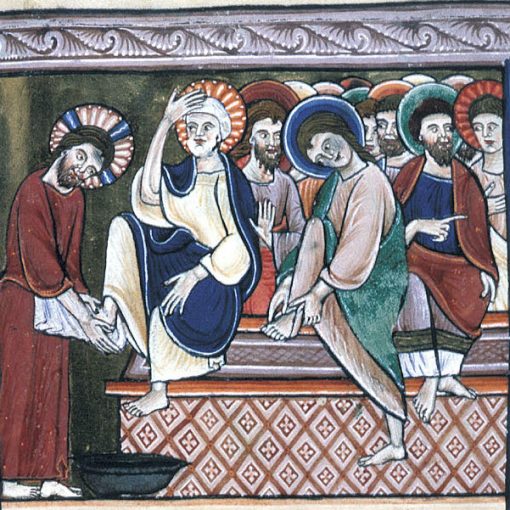
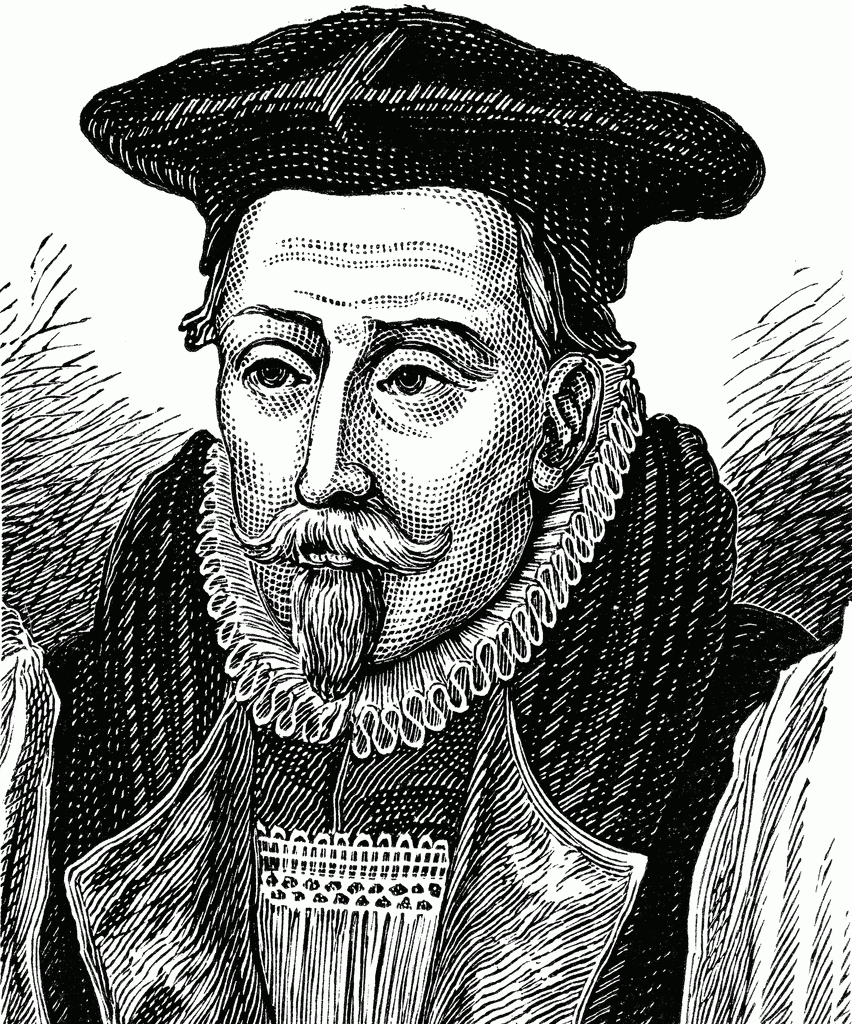
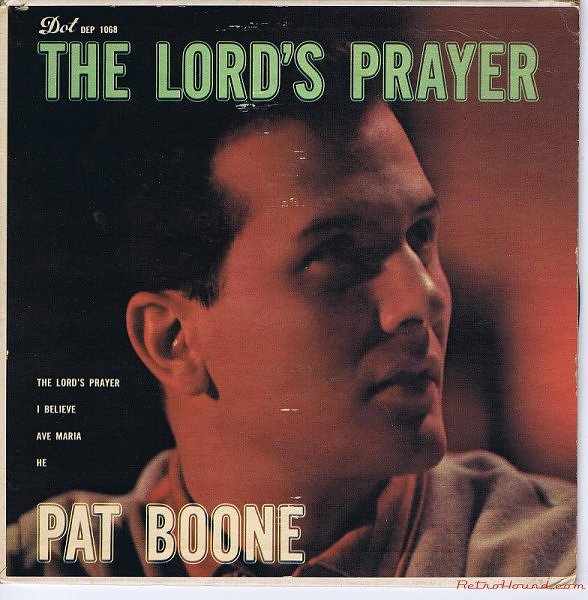
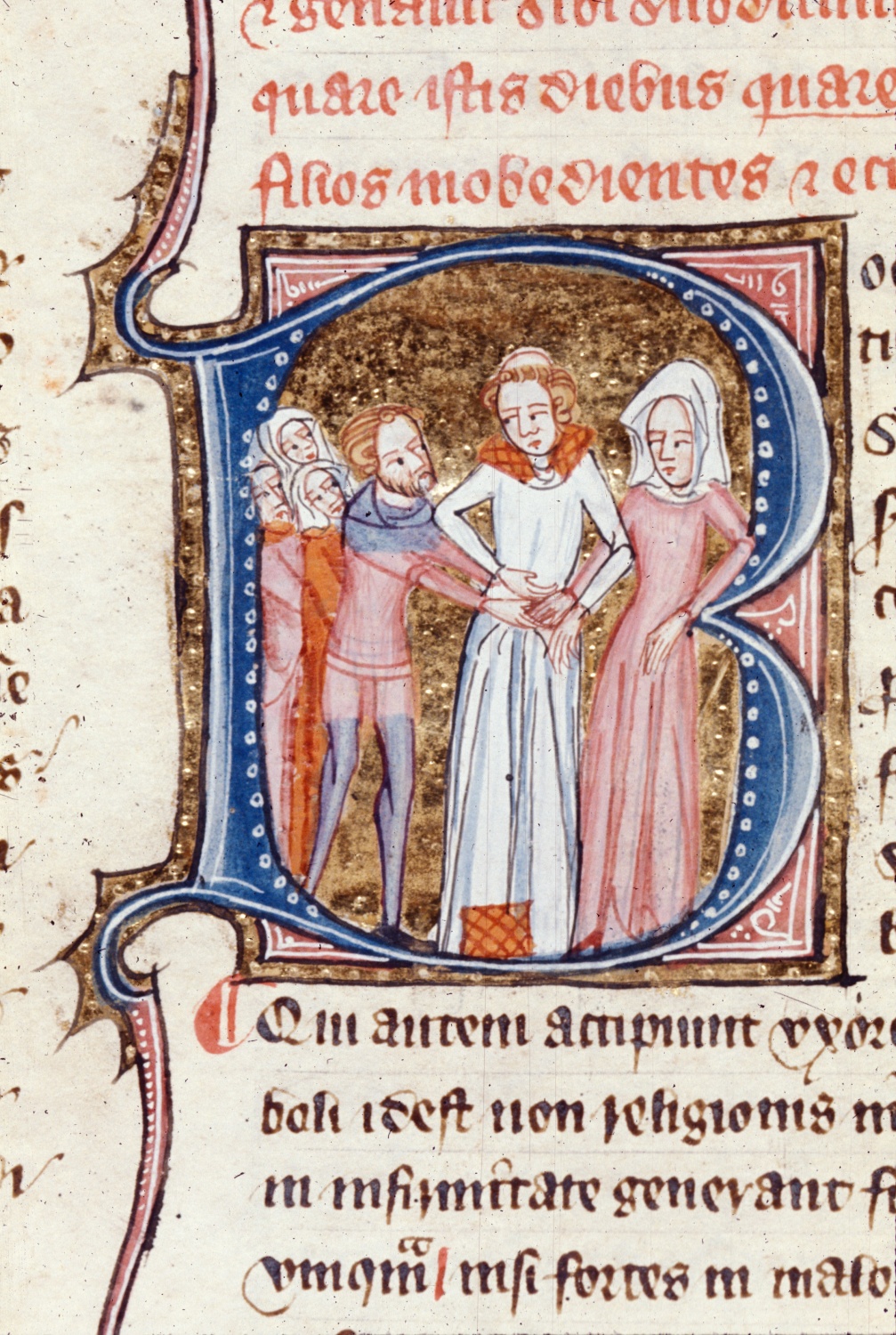
2 thoughts on “Teaching the Book of Ruth”
Thanks Chris.
I don’t get into date of writing much. When all you scholars agree on dating, let me know. 🙂 We mentioned it was set in the same time as the book we had just studied (Judges, we have had one Ruth class).
The “power” theme is interesting. Was it strange for the woman to ask the man to marry her, (“spread your wings…)? I guess Boaz had done nothing because he was waiting on the first in line. How was that man concerned about endangering his inheritance if he married Ruth?
I generally tell them to ignore chapter divisions because they weren’t part of the original text. Psalms and Lamentations being exceptions. I guess they did it pretty good here though. In the first chapter, do you think Elimelech showed a lack of faith in Yahweh by leaving Israel during a famine? On the book as a whole, I gather that the inclusion of Ruth in Christ’s ancestry shows God’s interest in the Gentiles even in the Old Testament. There are other examples, of course. Boaz comes across as an excellent model employer. His respect for his workers seems to cause them to respect him. The cultural angles have always fascinated me. I wish I knew a lot more about that area. How strange how Ruth and Boaz get together in the threshing floor scene seems to us. Was it that unusual in that time?
Thank you John. I hope to answer some of your (rhetorical) questions later, when I have more time.